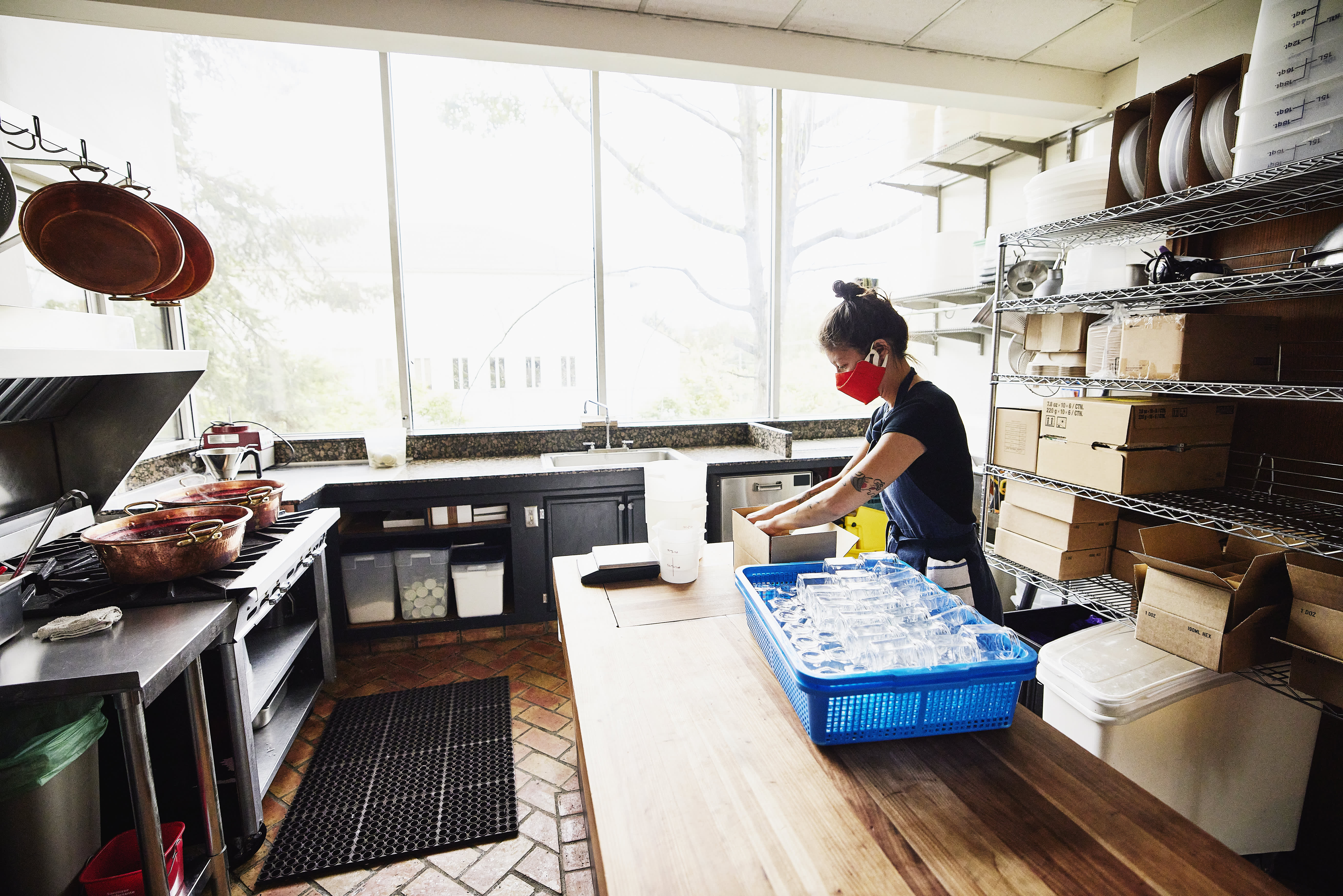| WED, APR 21, 2021 
Cue the midlife crisis: The oldest millennials turn 40 this year.
The average elder millennial is a student loan debt-strapped homeowner with a family and a growing retirement account, as my colleague Megan Leonhardt writes in Make It's Middle-Aged Millennial project. The series is an exploration of how the oldest millennials have grown into adulthood amid the backdrop of the Great Recession, student loans, stagnant wages, rising costs of living and now the Covid-19 pandemic.
That description of the average older millennial surprises a lot of people. Given the persistent stereotyping found in media and headlines over the year (and yes, Make It is guilty of it, too), you'd be forgiven for thinking everyone born between 1981 and 1996 still lives with their parents, works dead-end jobs and wastes their money on frivolous luxuries while ignoring their massive pile of student loan debt.
However, the reality is far more complicated than that. Millennials are a massively diverse generation, numbering approximately 72.1 million strong in the U.S. and currently ranging in age between 25 and 40. There's a lot of variation among the cohort.
The eldest have faced particularly tough economic conditions. They graduated into the Great Recession and their peak earning years started just as the coronavirus pandemic crested in the U.S., sending tens of millions of Americans to the unemployment line.
"We have our adult lives bookended by major economic catastrophes," Stefanie O'Connell Rodriguez, a 34-year-old personal finance expert and host of the "Money Confidential" podcast, told me recently. "That feels very defining."  The homeownership conversation is one I find particularly fascinating. While it's true that it has taken millennials, on average, longer to transition from renters to buyers than Gen X or baby boomers, almost 60% of those aged 33 to 40 are actually currently homeowners and over half of them have owned their homes for at least five years. So if you define financial "success" by traditional metrics like homeownership — which, to me, is what the whole conversation is really about — millennials aren't far behind the generations preceding them.
That said, older millennials also happened to enter the housing market when prices were increasing, supply was more limited and new developments are still hard to come by. And all of these housing issues have been compounded by stalled wages and an increased debt burden (again, on average). About one-third of older millennials say that housing is their most burdensome monthly expense, according to a recent survey conducted by The Harris Poll on behalf of CNBC Make It among 1,000 U.S. adults ages 33 to 40.
So millennials are buying homes, yes. But they are paying more for them. And they are accruing less wealth overall (homeownership isn't the sole cause of that, but it is a factor). Not to mention, many are wondering if owning a home should even be the goal in the first place.
I've learned from the Middle-Aged Millennial series, and I hope you do, too. Linked below are some of the stories Make It has published for it so far. Still to come: Deep dives into investing trends, life satisfaction and how climate change has influenced the financial decisions of a generation.
As always, if you have questions or concerns, or just want to say hi, you can email me at alicia.adamczyk@nbcuni.com, or find me on Twitter, @AliciaAdamczyk. Have a friend who might appreciate this type of content? Please forward it along!  More from the Middle-Aged Millennials Series
| ||||||||||||||||||||||||||||||||||||||||||||||||||||||









